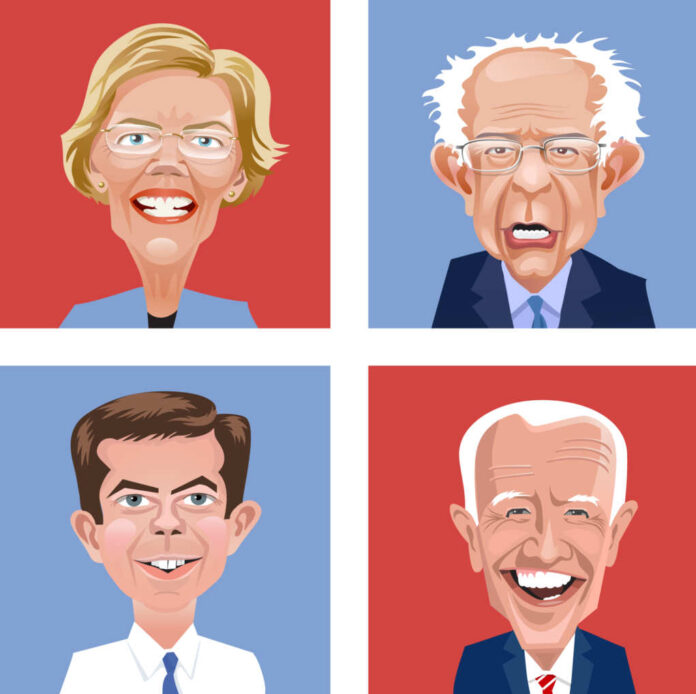
Democrats face an uphill battle in crafting a unified message to counter Trump for the 2024 election, as internal divisions threaten their strategy.
At a Glance
- Democrat leaders struggle to find a coherent anti-Trump message
- Party faces internal divisions over which issues to prioritize
- Ken Martin elected as new DNC chair to review tactics and messaging
- Democrats debate focusing on economic issues vs. traditional party concerns
- Post-Trump inauguration poll shows 57% of voters view Democrats negatively
Democrats Struggle for Unified Strategy
As the 2024 presidential election looms, the Democratic Party finds itself in a state of disarray. According to recent reports, dozens of Democrat leaders are lamenting their lack of a coherent message to fight former President Donald Trump. The New York Times has described the party as appearing leaderless, rudderless, and divided, highlighting the challenges Democrats face in presenting a united front.
In response to these concerns, the Democratic National Committee (DNC) has elected Ken Martin as its next chair. Martin’s primary task will be to conduct a comprehensive post-election review, focusing on tactics and messaging. This move underscores the party’s recognition of the need for a strategic overhaul to effectively counter Trump’s potential candidacy.
Internal Divisions Plague Party Strategy
After conducting over 50 interviews with Democrat leaders, it has become clear that there is significant uncertainty within the party regarding its core values, key issues, and approach to confronting Trump. This internal discord has led to a lack of consensus on prioritizing traditional Democratic concerns such as abortion rights, LGBTQ equality, and climate change, versus addressing issues that have energized Trump’s base, including grocery costs, inflation, and immigration.
“We have no coherent message,” Rep. Jasmine Crockett (D-TX) said. “This guy is psychotic, and there’s so much, but everything that underlines it is white supremacy and hate. There needs to be a message that is clear on at least the underlying thing that comes with all of this.”
The stark divide within the party is evident in the conflicting approaches proposed by various Democratic leaders. While some advocate for addressing underlying issues like white supremacy and hate, others emphasize the need to focus on economic concerns that resonate with a broader voter base.
Shifting Focus to Economic Issues
A growing faction within the Democratic Party believes that their traditional platform failed to resonate with a wider audience in the last presidential election. This realization has prompted calls for a shift towards addressing economic issues that directly impact voters’ daily lives.
“Instead, what they see is chaos going up, corruption going up with the firing of the inspector generals, and guess what else is going up? Egg prices.”
Senator Amy Klobuchar’s statement highlights the Democrats’ recognition of the need to address tangible concerns such as rising costs and perceived government dysfunction. This approach aims to counter Trump’s appeal to working-class voters who have felt neglected by traditional Democratic policies.
Challenges Ahead for Democrats
The road ahead for the Democratic Party appears fraught with challenges. A Quinnipiac poll conducted after Trump’s inauguration revealed that 57% of voters viewed the Democratic Party negatively. This unfavorable perception underscores the urgent need for a comprehensive strategy overhaul to regain public trust and broaden the party’s appeal.
As the 2024 election approaches, the Democrats find themselves at a critical juncture. The party must navigate its internal divisions, craft a message that resonates with a diverse electorate, and effectively counter Trump’s populist appeal. The success of their efforts will likely hinge on their ability to unite behind a coherent strategy that addresses both economic concerns and core Democratic values.














